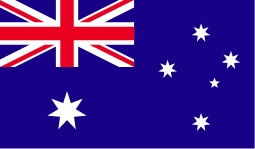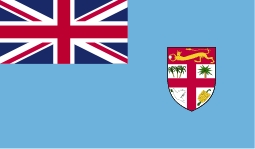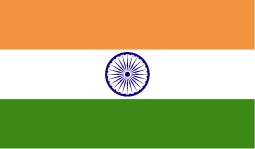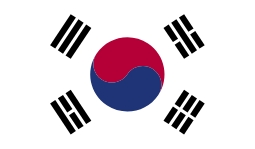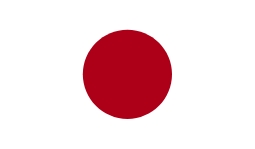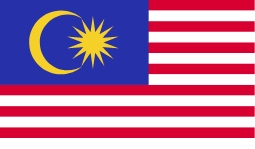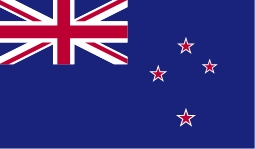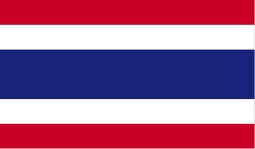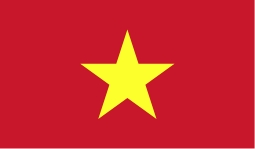The Indo-Pacific Economic Framework for Prosperity (IPEF) was announced by President Biden in Tokyo in May 2022, alongside the leaders of 12 other Indo-Pacific nations that will participate in IPEF discussions. Fiji has subsequently joined the discussions, taking the number of IPEF partners to 14, including the United States.
The IPEF is not a trade agreement in the traditional sense but rather an arrangement for the Indo-Pacific region that aims to improve trade, supply chains, clean energy, and governance.
Although the IPEF will be negotiated among members, it is unlike other trade agreements in that market access – e.g., tariff reductions – are not part of the negotiations.
The Biden administration has proposed four pillars for member cooperation: fair and resilient trade; supply chain resilience; infrastructure, clean energy, and decarbonization; and tax and anti-corruption.
The trade pillar will be negotiated under the auspices of the Office of the U.S. Trade Representative (USTR). The remaining pillars will fall under the Department of Commerce. Prospective members may participate in any number of the pillars, but they must accept the trade pillar negotiations wholesale, as per a conventional agreement.
At this stage, the negotiating scope for the trade pillar is likely to include: labor; environment; the digital economy and emerging technologies; agriculture; transparency and good regulatory practices; competition policy; trade facilitation; gender; indigenous populations; and development and economic cooperation.
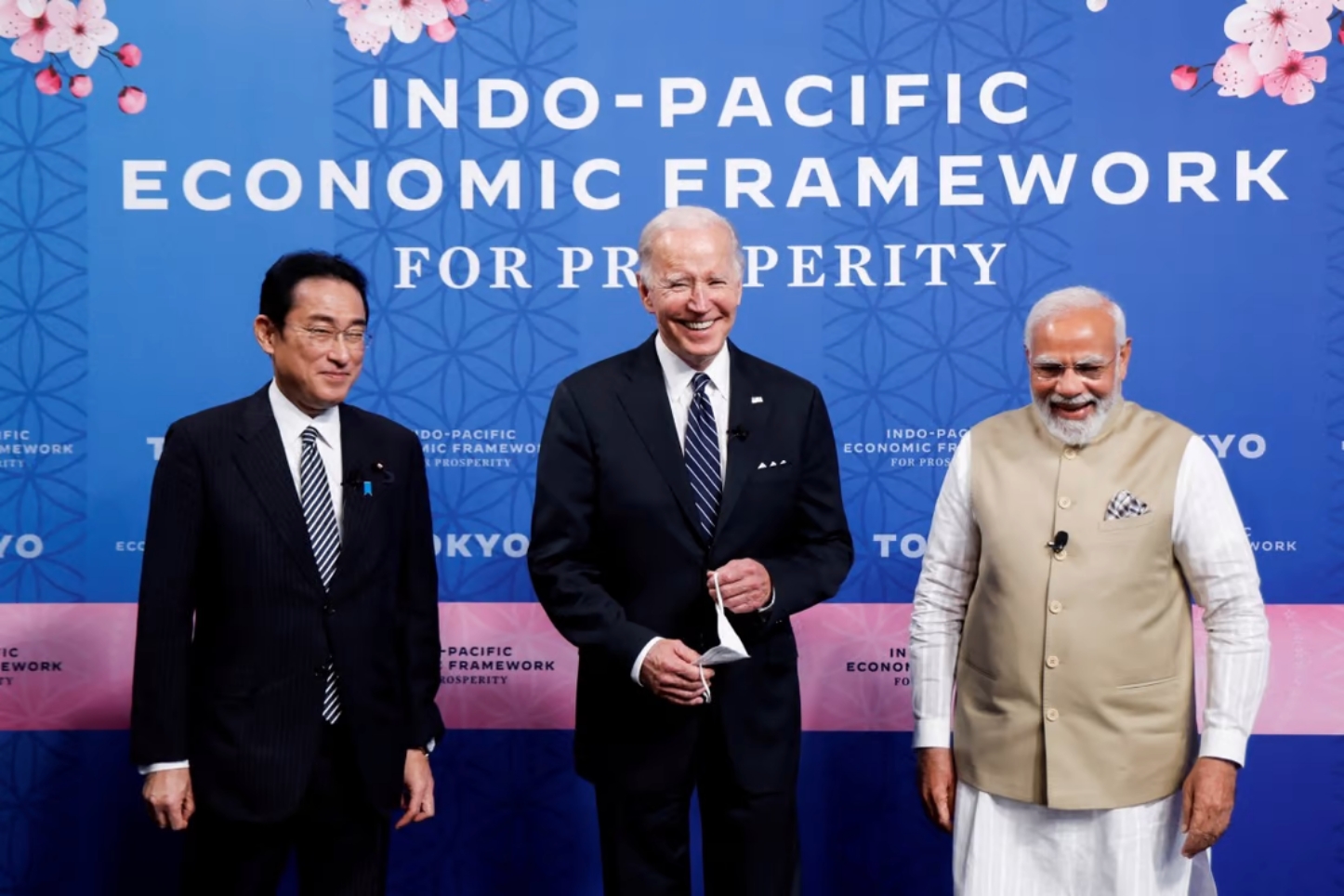
US President Joe Biden, Indian Prime Minister Narendra Modi and Japanese Prime Minister Fumio Kishida attend the Indo-Pacific Economic Framework (IPEF) launch event at Izumi Garden Gallery in Tokyo, Japan, on May 23. Photo: Reuters
The Four IPEF Pillars
14 Economies

